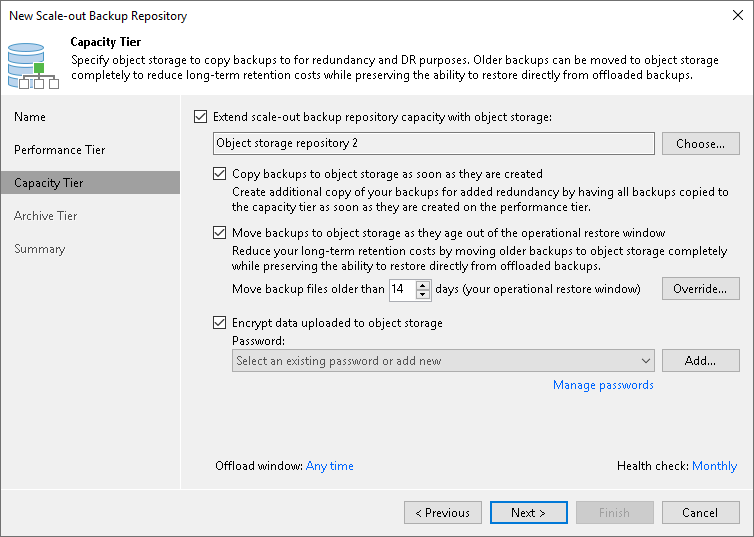One option to have encrypted date in the capacity tier is to enable capacity tier encryption.
Encryption for Capacity Tier - User Guide for VMware vSphere (veeam.com)

Question is: who exactly does this encryption?
I always assumed the gateway server is used for offloading. But helpcenter isn’t specific here.
Elsewhere helpcenter states that the encryption will be done “at source” - which in that case would be the repo extent server of the performance tier.
Who can provide evidence here?
Thanks,
Michael




